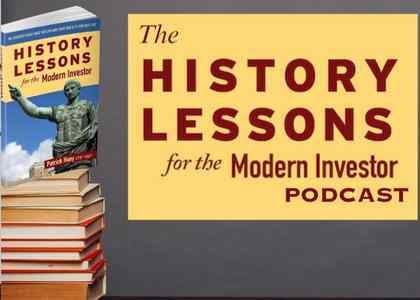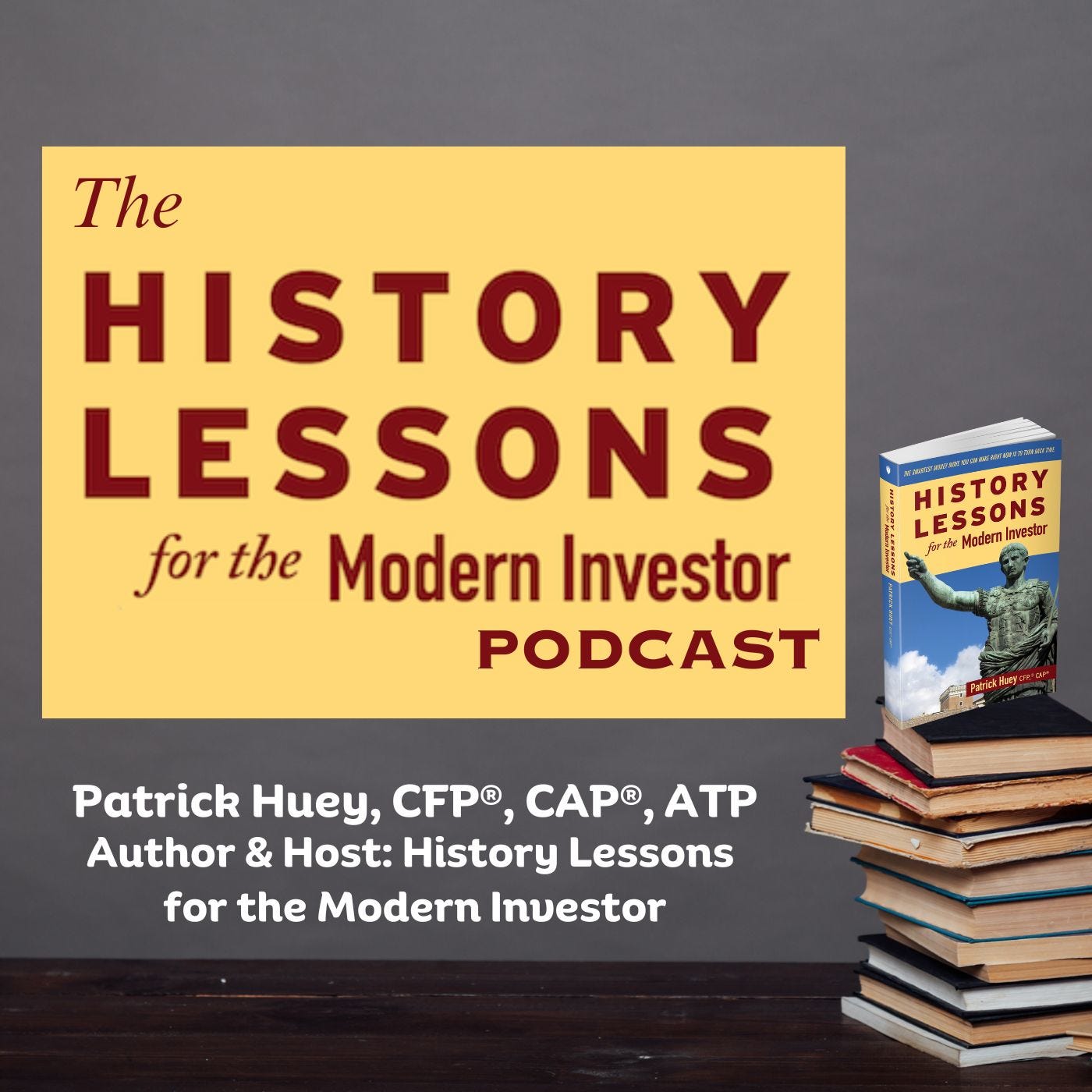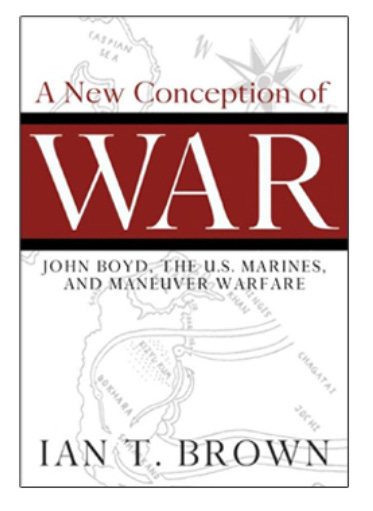📖 The Dictionary Definition of Solid Investing Strategies
Description
Thanks for reading History Lessons for the Modern Investor! Subscribe for free to receive new posts and support my work.
Get to know the host of the History Lessons for the Modern Investor Podcast. Download here: 10 Things About Patrick
In this week’s “History Lessons,” we go back to October 14, 1755, when Samuel Johnson—armed with nothing but intellect, wit, and a staggering work ethic—published his legendary Dictionary of the English Language. What began as a lonely quest to “fix” the unruly English tongue soon redefined how people communicated, made agreements, and navigated a shifting world.
But what does a 1,700s dictionary have to do with investing today? Everything. Join us as we unpack:
✅Why clear definitions (in language and in finance) are the antidote to confusion and jargon,
✅How embracing—rather than fearing—change keeps your plans relevant,
✅The hidden dangers of thinking you know it all,
✅And why a common framework (whether a dictionary or a disciplined process) outlasts clever one-offs every time.
Whether you’re building portfolios or mastering the power of words, Johnson’s story proves that clarity, humility, and adaptability are the real keys to long-term success. 👇
#HistoryLessons #Investing #SamuelJohnson #Dictionary #FinancialWisdom #Change #Clarity #WeeklyBriefing
Thanks for reading History Lessons for the Modern Investor! This post is public so feel free to share it.
As Seen On: CNBC
New 401(k) Catch-Up Contribution Rules: What High Earners Need to Know—And Do Now
The IRS has finalized a major shift for 401(k) and workplace retirement savers: beginning in 2027, employees age 50 and over earning more than $145,000 at their current employer must make “catch-up” retirement contributions as Roth (after-tax) dollars—not pre-tax, as was long allowed. Some plans could roll out the change as early as 2026. For higher-income savers who are using these catch-ups to turbocharge retirement savings—and reduce taxable income—this marks a profound change.
As I told CNBC for their article, time is of the essence: “Now is the time to work with your advisor or tax preparer to run multi-year tax projections.” That means taking a proactive look at your savings strategy over the next year or two. Should you accelerate pre-tax catch-up contributions before the rule change lands? Is it smart to start embracing Roth sooner, especially if you expect your tax rate to be the same or higher in retirement? These questions become especially critical for high earners who have limited access to Roth IRAs and need to be thoughtful about their tax diversification.
The article underscores that catch-up contributions can make a real difference: in 2025, workers can defer up to $23,500 into a 401(k), plus $7,500 in catch-up at age 50+. Yet, data show that only about 16% of eligible participants actually use the catch-up feature—a figure skewed toward high earners. With the Roth requirement on the horizon, planning around your future cash needs and expected tax landscape has never been more crucial.
Bottom line: Don’t just “set it and forget it.” Sit down with a professional and use this brief window to be intentional about where you save and how much you’ll pay in taxes later. Proactivity now—whether that means front-loading pre-tax savings or starting the Roth transition with a clear plan—will make all the difference once these rules go into effect. The new landscape calls for thoughtful coordination, not last-minute scrambling.
This episode is sponsored by Victory Independent Planning. Ready to take the stress out of your retirement? At Victory Independent Planning, we put you on the right trajectory with our exclusive VIP Retirement Glidepath™️!
Schedule an assessment now: https://freebusy.io/victoryindependentplanning-VIP-Booking/phone-consultation
🎯Patrick Huey is a small business owner and the author of three books on history and finance as well as the fictional work Hell: A Novel. As owner of Victory Independent Planning, LLC, Patrick works with families and non-profit organizations. He is a CERTIFIED FINANCIAL PLANNER™ professional, Chartered Advisor in Philanthropy® and an Accredited Tax Preparer. He earned a Bachelor’s degree in History from the University of Pittsburgh, and a Master of Business Administration from Arizona State University. Patrick previously served as a Naval Flight Officer from 1996-2005, earning the Strike Fighter Air Medal during combat operations and two Navy Achievement Medals. 👉🏻 Reach him at 877-234-8957 or schedule a time to talk using this link:
https://freebusy.io/victoryindependentplanning-VIP-Booking/phone-consultation
This is a public episode. If you would like to discuss this with other subscribers or get access to bonus episodes, visit hl4tmi.substack.com















